Dr. Pham Ngoc Thach, Deputy Director of Children's Hospital 2 (HCMC), said that the hospital's first liver transplant was successfully performed with the cooperation of a professor from Saint Luc University, Belgium, on December 5, 2005.
Since then, liver transplants have been performed regularly with a total of 13 cases performed in 15 years. However, from 2019 to 2021, the Covid-19 pandemic interrupted the support of international professors, and liver transplants were suspended. Faced with the situation of children with chronic liver failure gradually becoming more severe, the hospital team sought a solution to save the children's lives with the autonomous liver transplant procedure.
Initially, Children's Hospital 2 received professional support from two major hospitals, Cho Ray Hospital and Ho Chi Minh City University of Medicine and Pharmacy Hospital, mainly in the matter of organ harvesting from adults. Later, the hospital realized that pediatricians could also perform organ harvesting from adults by sending doctors to study the necessary certificates. To be allowed to follow the correct procedures, pediatricians would have difficulty in terms of practicing certificates in Pediatrics or Pediatric Surgery, and had not been granted practice certificates related to adult organ transplants. Therefore, the hospital was determined to plan to carry out preparations and send doctors to attend appropriate classes.
Second, the old operating room has limited infrastructure, a small number of operating rooms, and a lack of human resources, but must ensure many specialties: open heart surgery, neurosurgery, organ transplantation, etc. As one of the final treatment facilities, the hospital has a large number of cardiovascular and neurosurgery patients requiring urgent surgery.
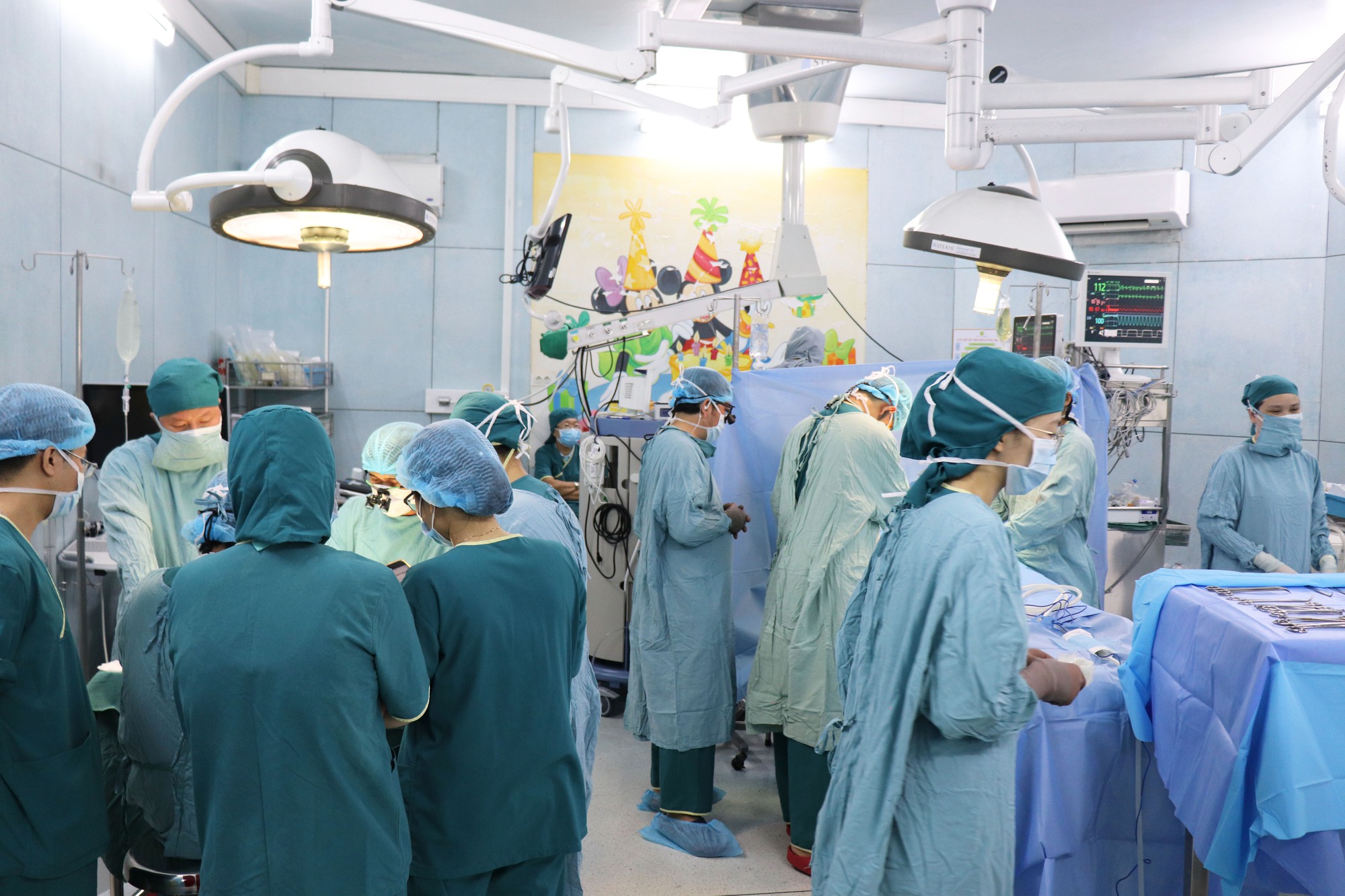
Doctors and nurses during the kidney transplant for a boy on August 21, 2022 at Children's Hospital 2
"If we lean towards a particular specialty, even organ transplants, it will affect the progress of surgery for other important and urgent diseases. Currently, the newly built operating room is almost completed and we are reporting to the Department of Health," said Dr. Thach.
In addition, according to Dr. Thach, an important reason for the delay in organ transplants is related to the lack of organ sources for transplants. The source of organs for children is very limited, mostly from family donors. However, not all patients can find a suitable source of organs. Transplanting organs from brain-dead donors is also one of the salvations for patients with organ failure.
In addition, to ensure expertise, the hospital also encountered many difficulties and took a lot of time when carrying out organ transplants: from selecting suitable patients in order on the list, conducting a series of tests on the transplant pair, establishing a professional council many times to discuss arising issues, constantly changing the transplant pair depending on the patient's and family's condition, consulting with experts to improve professional skills to ensure patient safety... In mid-March this year, after receiving information from Cho Ray Hospital that a brain-dead person donated a kidney, the hospital held an internal and inter-hospital consultation to immediately initiate the organ transplant. However, the test results did not match between the donor and the recipient, so it could not be performed.
"To perform a liver transplant, it requires immune compatibility, not just bloodline. Currently, the hospital is receiving transfers, so it depends on adult hospital partners, from consultation work to taking livers from adults. Therefore, we want to resolve this soon so that the autologous organ transplant process can be carried out as soon as possible and as safely as possible. The hospital has no policy of transferring patients anywhere, the hospital accepts shortcomings to make better adjustments," Dr. Thach shared.
During this time, organ transplant patients at Children's Hospital 2 are still being closely monitored, receiving combined medical treatment, and being transferred to appropriate medical facilities when necessary.
Source link



![[Photo] Prime Minister Pham Minh Chinh receives Mr. Jefferey Perlman, CEO of Warburg Pincus Group (USA)](https://vstatic.vietnam.vn/vietnam/resource/IMAGE/2025/4/18/c37781eeb50342f09d8fe6841db2426c)




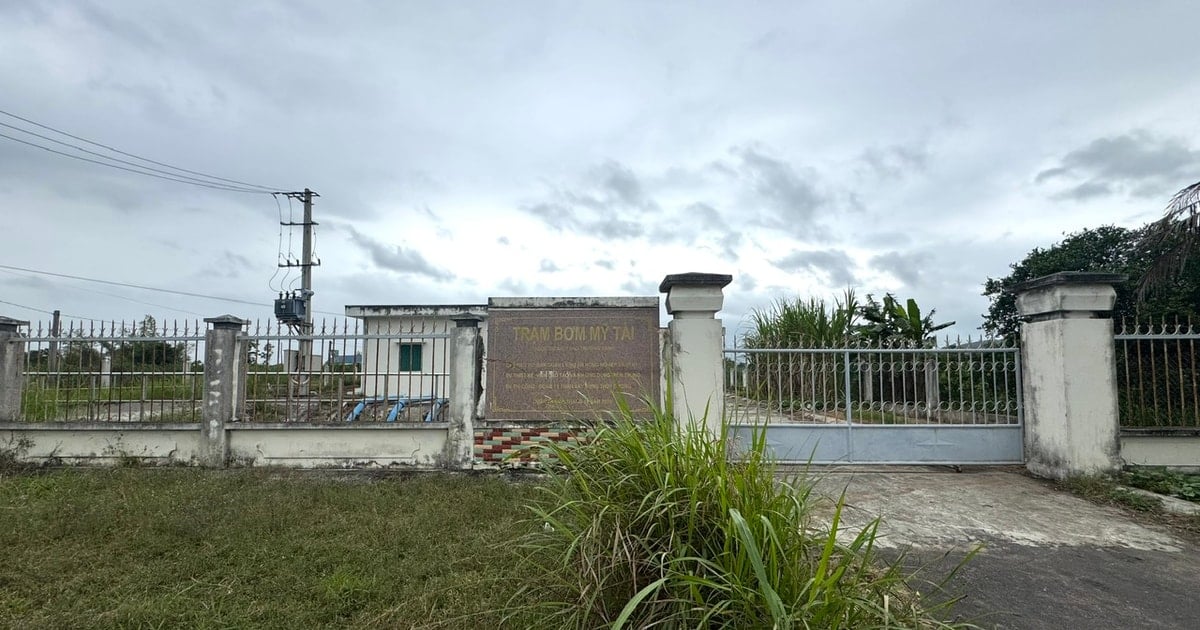






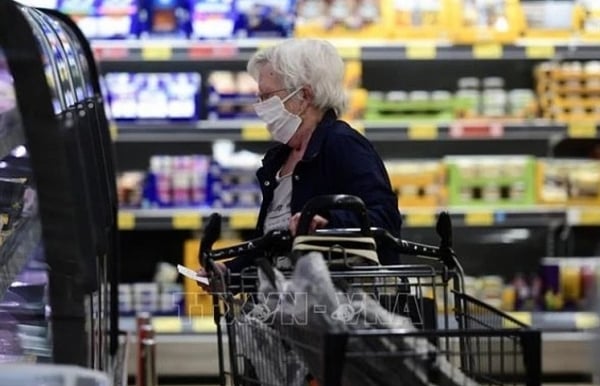
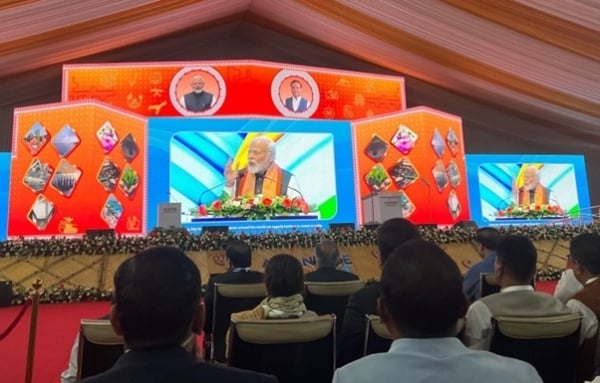
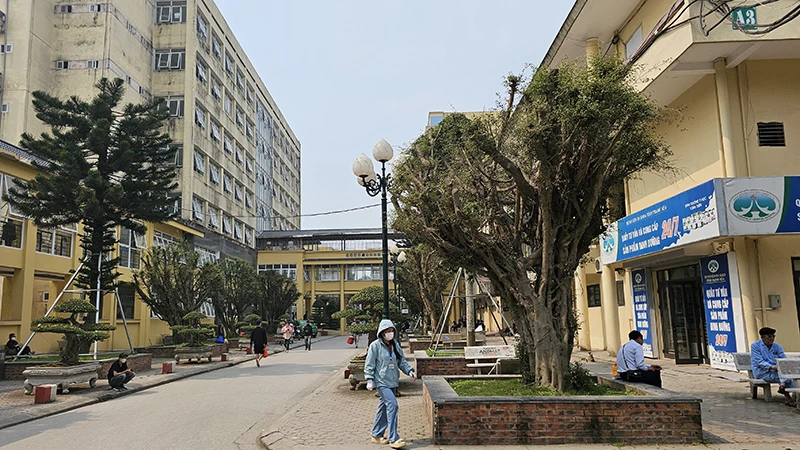
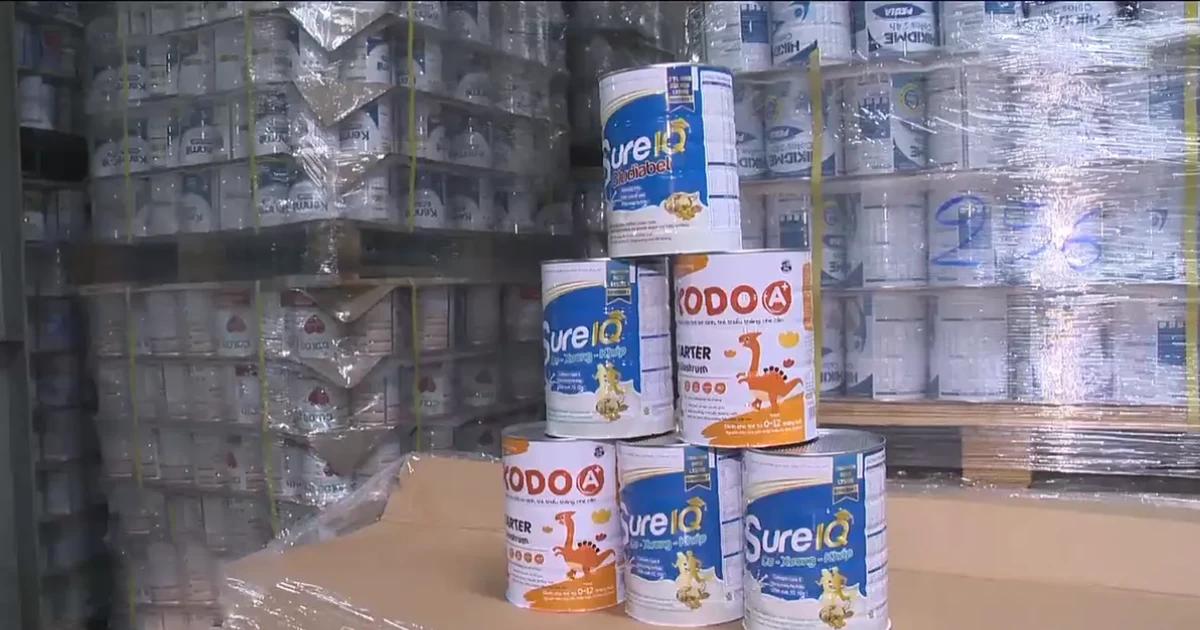
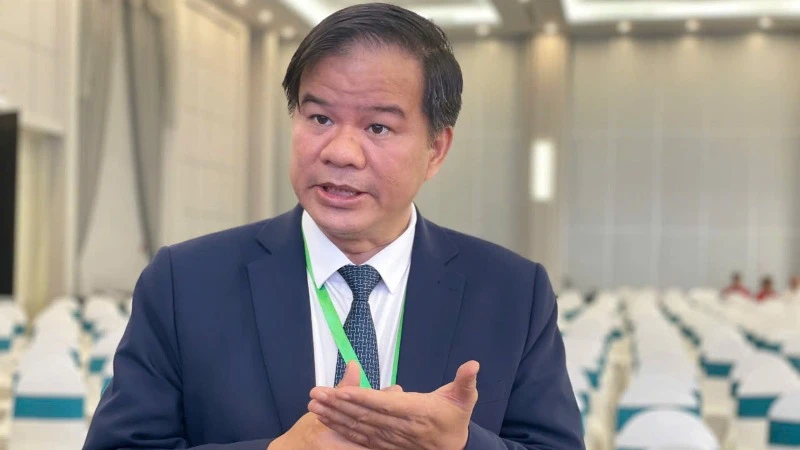







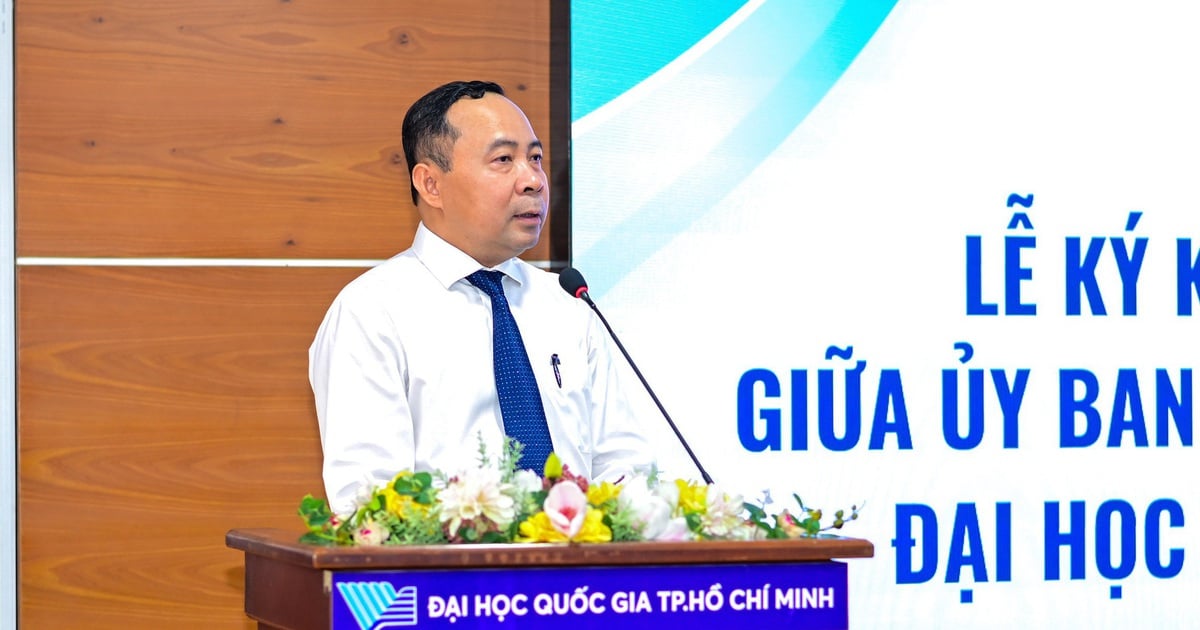













































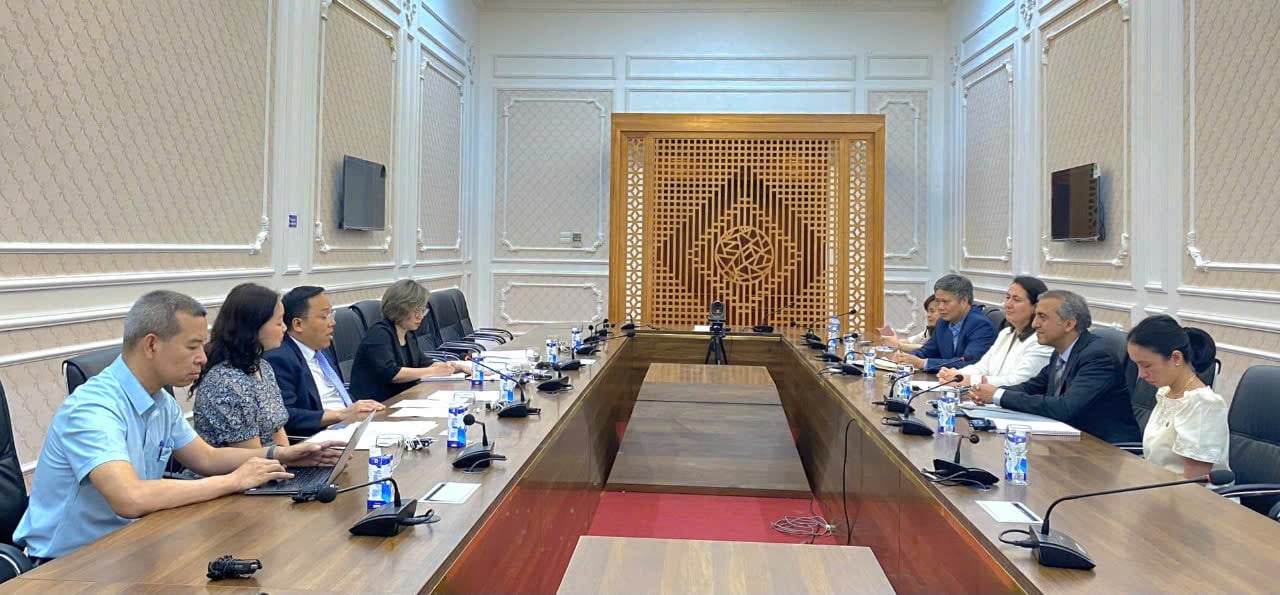






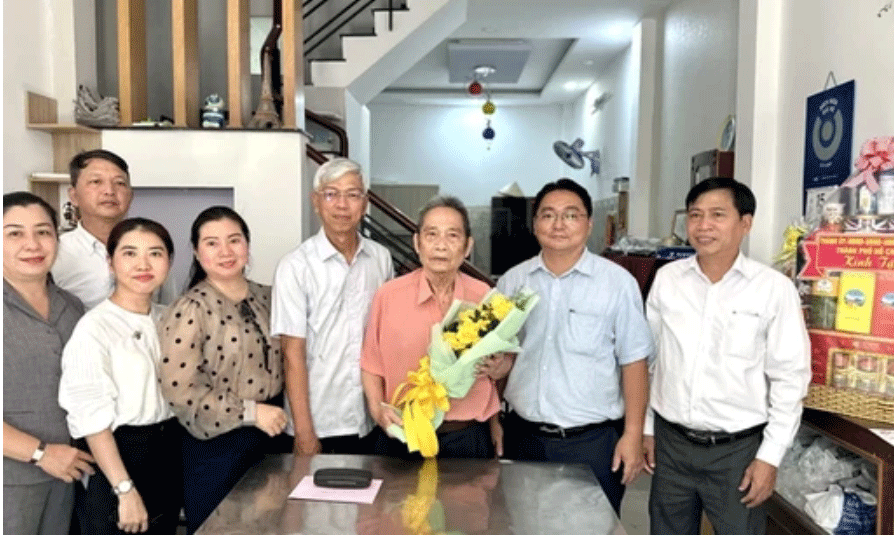


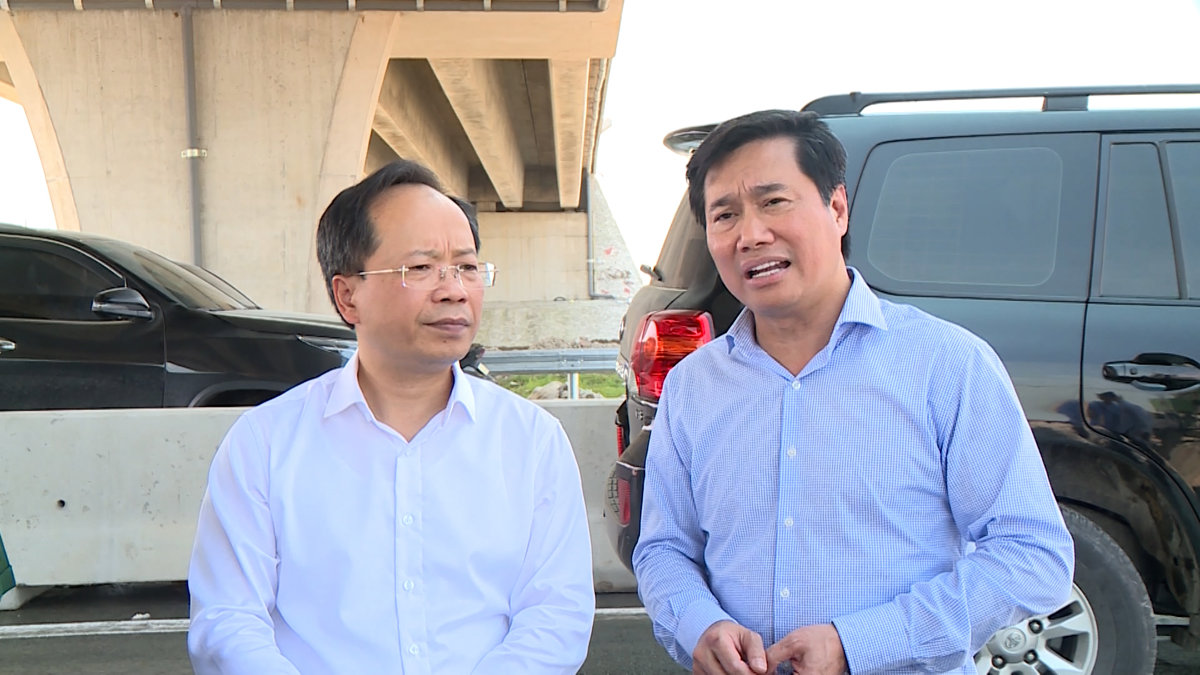













Comment (0)